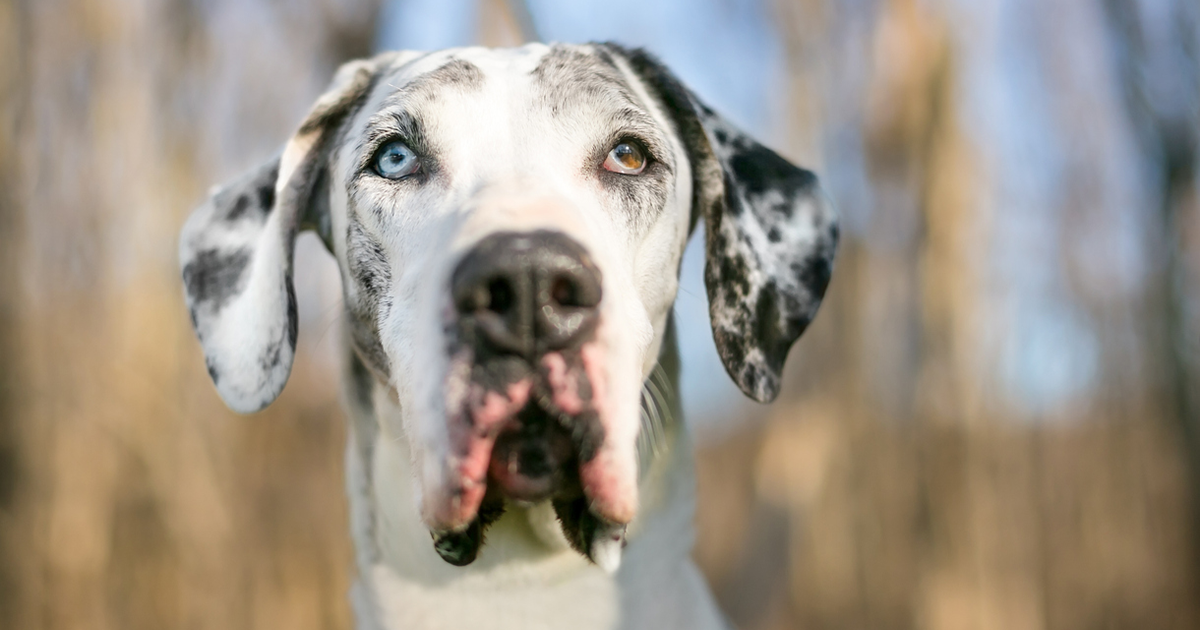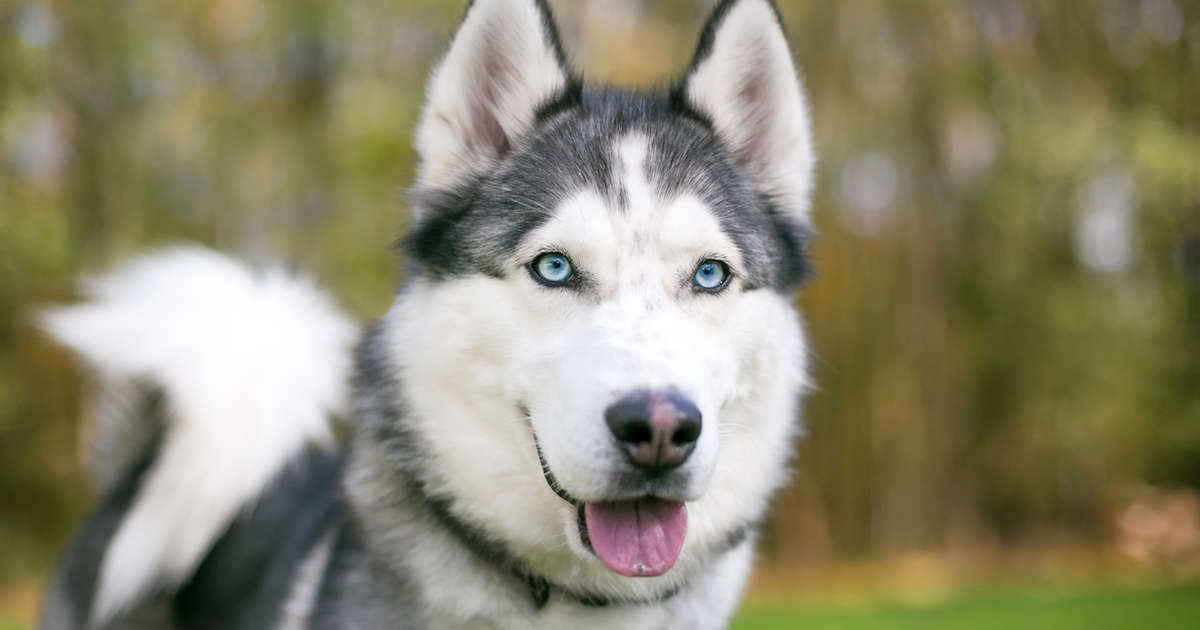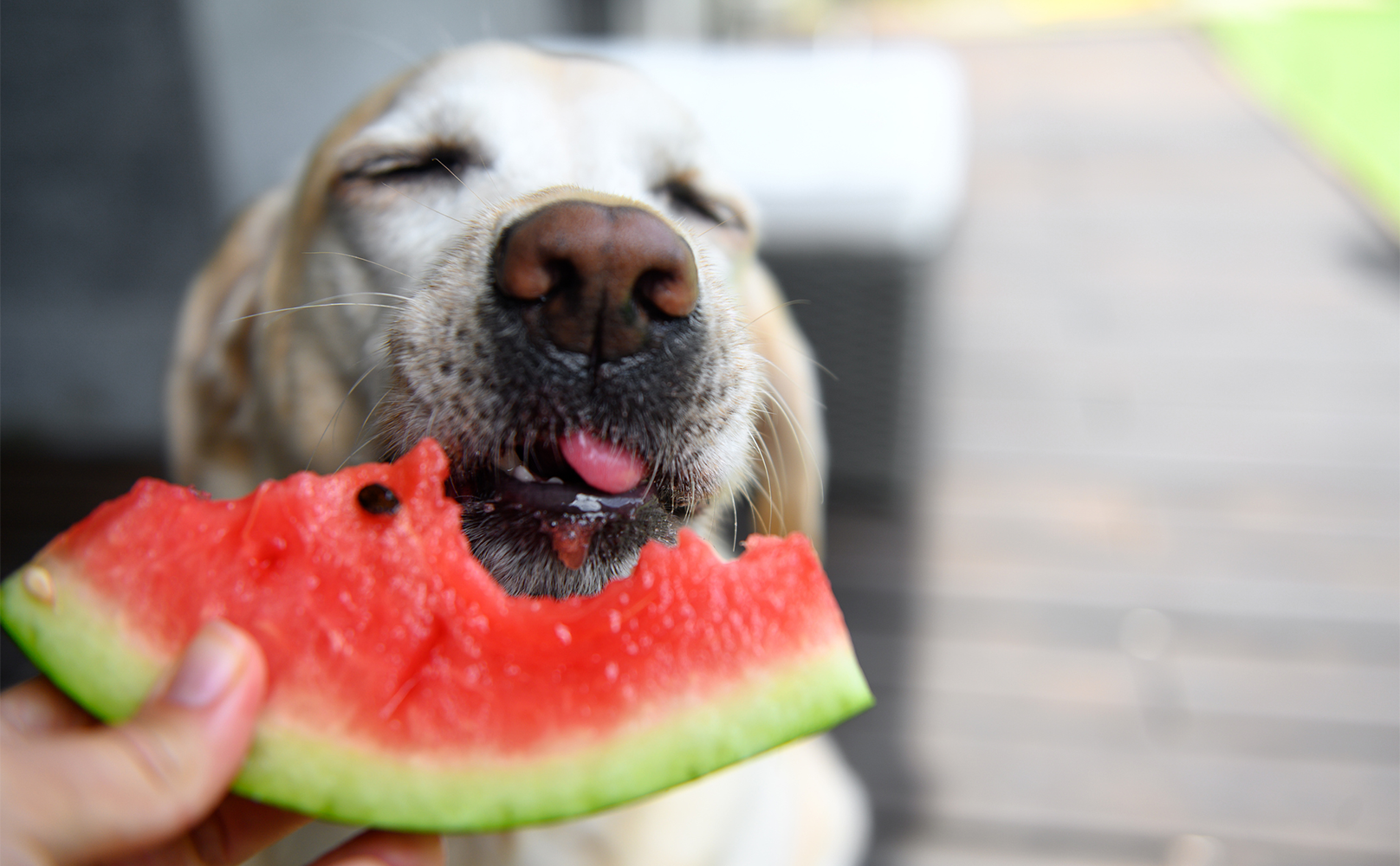Young couples often start out with pets before bringing tiny hoomans into the world. While many pups transition easily into life with babies, others find it difficult to share their homes with a pooping, screaming bundle of need. In this post we will discuss the dog breeds widely considered to be good with babies.
But rather than just focusing on breed, it is also important to touch on the specific characteristics of a child-friendly pooch. After all, every dog is unique, no matter the breed. You may even find that a mutt is the perfect pup for your family.
Golden Retriever
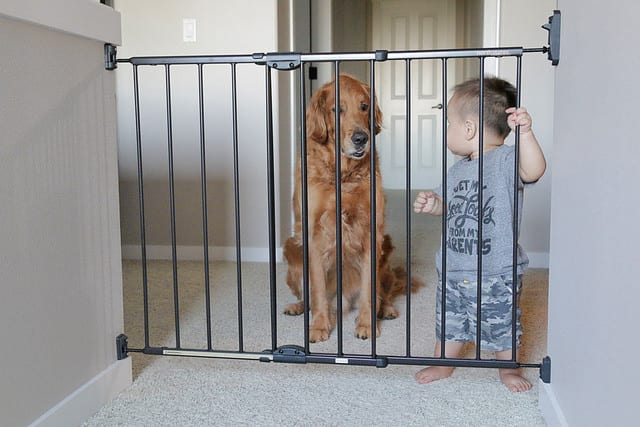

When researching this post, the Golden Retriever was the most commonly named breed by veterinarians and dog trainers alike. These friendly cuties are everything you could ever ask for in a family dog. They are intelligent, loyal, and highly responsive to training. Although they are on the larger side, they tend to be quite gentle and eager to please their humans.
Joel Silverman, a professional dog trainer with more than 30 years of experience, says:
“In general, there are a few breeds that I am constantly recommending to families, especially that have small children; they are Labrador Retrievers and Golden Retrievers. One of the biggest reasons is that both these breeds are generally extremely tolerant of a variety of things, one of them being young kids.”
Pug
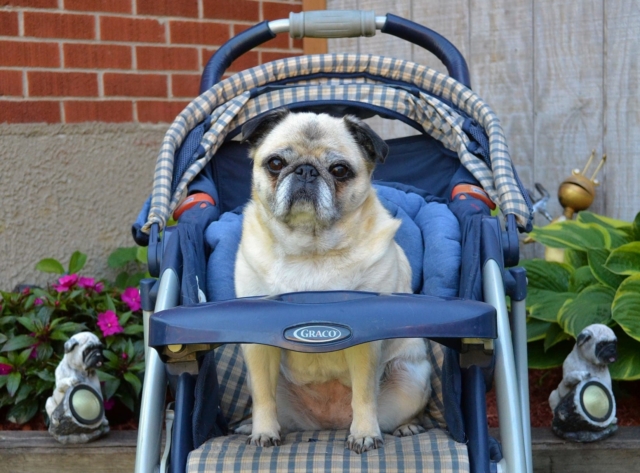

Pugs are the loveable clowns of the canine world. Not only will they fill your home with laughter, they are also good with babies and small children. Unlike other small dogs, Pugs do not take themselves too seriously. They are sturdy and unlikely to snap when bumped or grabbed by a toddler. As an added bonus, they love to eat and are sure to clean up any food your baby leaves behind!
Cavalier King Charles Spaniel
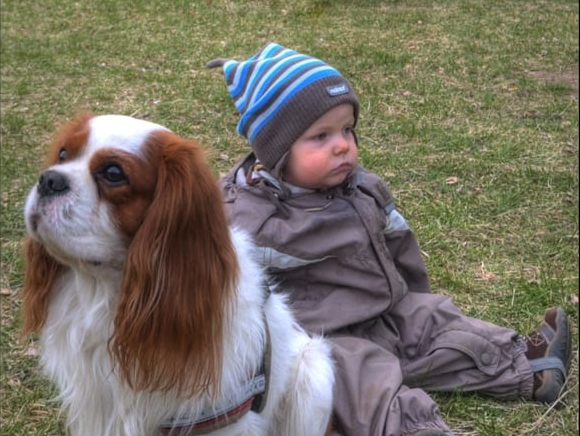

These regal pups are basically babies themselves! They love snuggling in the laps of their favorite humans and are typically welcoming of all kinds of people. They are known for their gentle, caring nature, but sometimes suffer from separation anxiety if left alone too long. This trait may be a dealbreaker for families on the go. However, stay-at-home moms and dads may enjoy the deep bond these dogs form. If you want to see just how good Cavvies are with babies, check out some of these adorable YouTube videos.
Beagle


Beagles are an extremely diverse breed. They were originally bred as hunting dogs, but also make wonderful family pets. Beagles tend to thrive within a pack and are intelligent, happy and friendly with all kinds of people and other pets. When it comes to babies and small children, Beagles tend to treat them with the same deference they’d show their own pups.
Collie
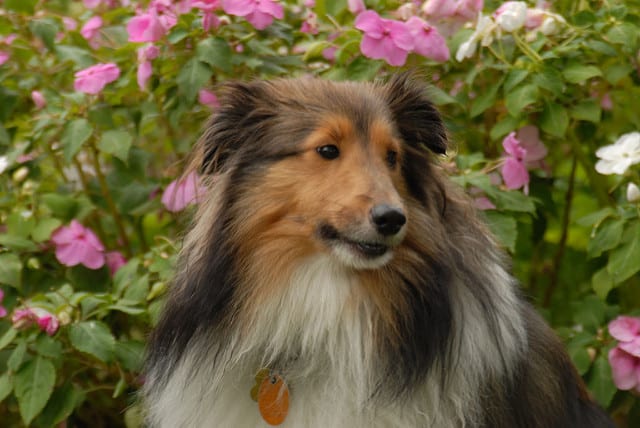

Collies are classic herding dogs – intelligent, obedient, and highly trainable. They are known for being good with babies, but may try to herd your older kids! Keep in mind that as working dogs, Collies require lots of exercise to stave off boredom and anxiety.
Bulldog
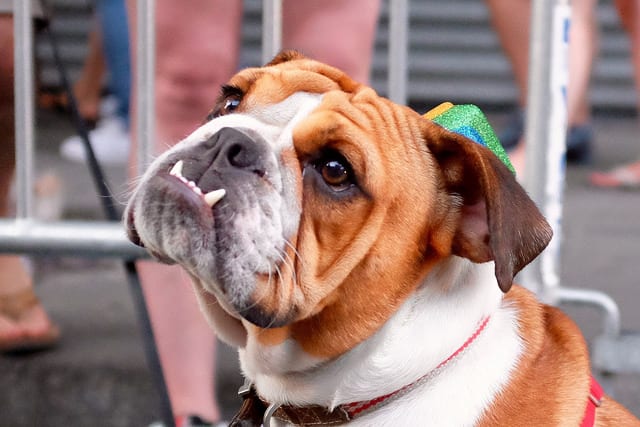

Bulldogs have not gotten the memo that they are in fact, dogs. Since they consider themselves human, these squishy-faced goofballs relish every second they spend with people – whether big, little or tiny. PetMD describes them as “docile, friendly, and loyal,” as well as “the perfect fit for a busy, social family.”
Newfoundland
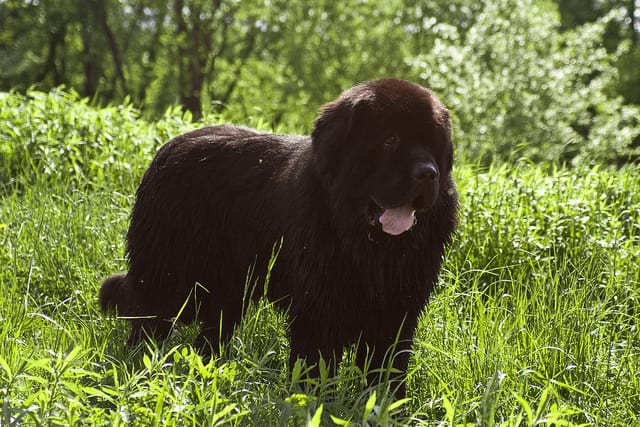

Don’t let their size fool you, Newfies are among the most gentle dog breeds. Their love for children has even earned them the nickname, “Nature’s Babysitter.” In addition to their powerful devotion for their humans, Newfoundlands are extremely intelligent, protective, and known for saving loved ones in emergency situations. Now that sounds like a dog you want to have around your baby!
Poodle
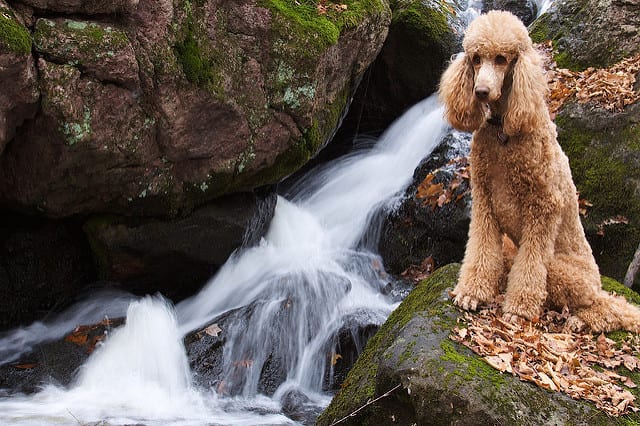

Standard, miniature and toy Poodles are all known for being good with babies and children. They shed very little and are great for families with allergies. Poodles tend to be smart, responsive, obedient and playful. They may be a bit timid around strangers, but they bond deeply with the humans in their families. Just ask this mini pooch valiantly protecting his baby sister from the hair dryer!
Labrador Retriever
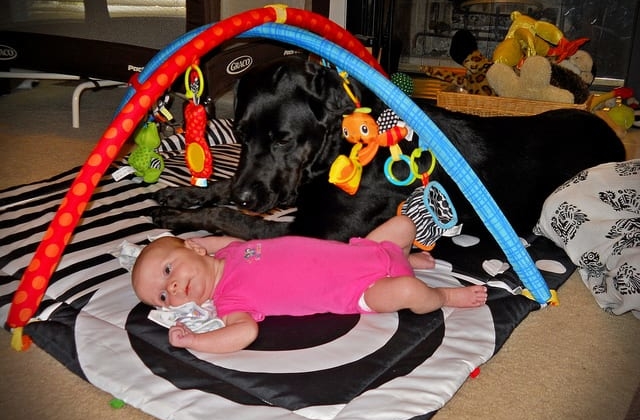

Veteran dog trainer Joel Silverman mentioned Labradors alongside Golden Retrievers as his top choices for family-friendly dogs. Maybe that’s why they’ve been America’s number one breed choice for 27 years running! Labs are known for their intelligence, playful nature, and patience with children and other dogs. They are also extremely loving, protective, and reliable. Add in their highly trainable personalities and their desire to please humans, and you’ve got one good dog to raise your baby around.
Bull Terrier
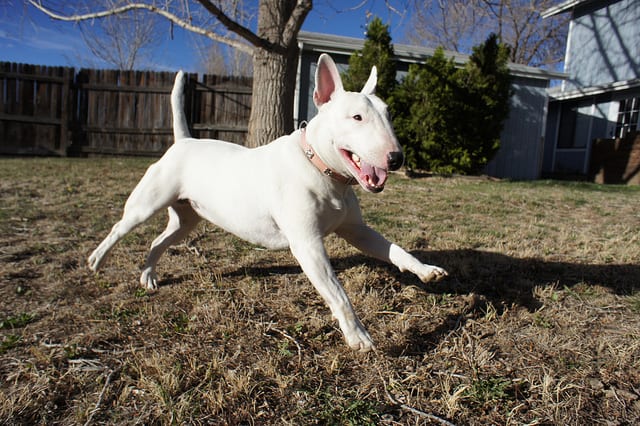

Some people shy away from any dog with “Bull” in their name, but these Terriers make wonderful family pets. They were bred as companion dogs and tend to be friendly and loving towards grown-ups and kids alike.
What To Look For In A Dog That Is Good With Babies
When it comes to trusting a dog with your children, there are specific personality traits you should look for. A dog good with babies will have a friendly, outgoing personality and a gentle nature. Many dogs are a bit too friendly for small children due to their boisterous behavior. You want a dog that eagerly approaches a variety of humans without jumping up, pawing or mouthing.
Robin Bennett is a certified professional dog trainer, author, and consultant. She notes that when it comes to choosing a dog that will be around babies or small children, temperament trumps everything else.
“Even among the breeds considered “pet-friendly,” you can find temperaments that are not suitable for a family with children,” she says. “A dog with a kid-friendly temperament is one that is highly social. That means the dog actively seeks out soft, social interaction with people, and especially with children.”
Dogs that are “people pleasers” respond well to training and positive reinforcement, making them excellent companions for hoomans large and small. They should be calm, loyal, obedient, and tolerant of noises and physical contact. Babies often vocalize loudly or reach out and grab tails, ears and fur. With some dogs this may result in a growl or snap, so it is important to choose a pooch that can handle a variety of stimuli.
You should also consider a dog’s activity level to ensure that it matches the needs of your family. If the specific breed you want is known to require large amounts of daily exercise, it may not be the best choice for parents with a new baby.
How to Choose a Baby-Friendly Purebred Dog
- Consider a breed-specific rescue group, they often have older dogs whose personalities are already formed and well-known to the volunteers.
- Avoid pet stores and go directly to a reputable breeder to ensure a healthier puppy.
- Ask friends, family, co-workers, and of course, your vet, to recommend a breeder. Word-of-mouth is invaluable when searching for a well-adjusted dog.
- Visit the location where the puppies are raised and ask to meet both parents of the puppy you are interested in. This will allow you to assess their personalities.
- When you find a puppy, take it to a separate meeting area where its true personality can shine through.
Reasons to Consider a Mixed Breed Dog For Your Family
- Approximately 2.7 million pets are euthanized in American shelters each year. The majority of these animals could easily have become cherished family pets.
- A dog’s breed only gives you a general idea of what to expect. Temperament varies from dog to dog.
- Mixed breeds adopted as adults hold few surprises, what you see is what you get.
- Shelter staff encourage meet-and-greets between their dogs and families interested in adopting. Many even offer after-adoption resources such as additional training and professional advice.
If you already have the perfect pooch, remember there is always an adjustment period when introducing a new family member. To help things go smoothly, follow these important tips from a real mom who’s been there, be patient with your pup, and don’t forget to ask for professional help if necessary.
H/T to Daily Parent & PetMD
Featured Image via Flickr/mliu92


